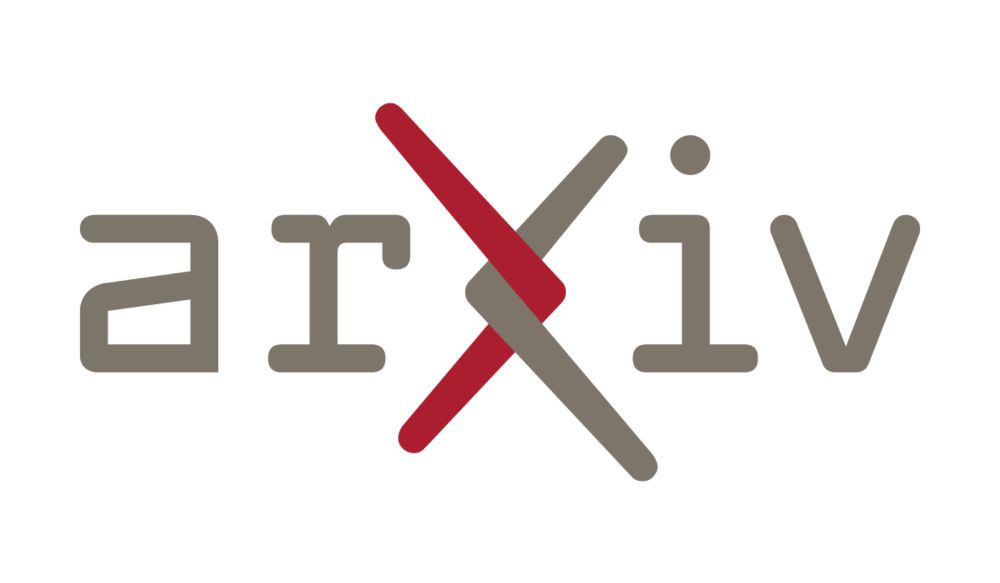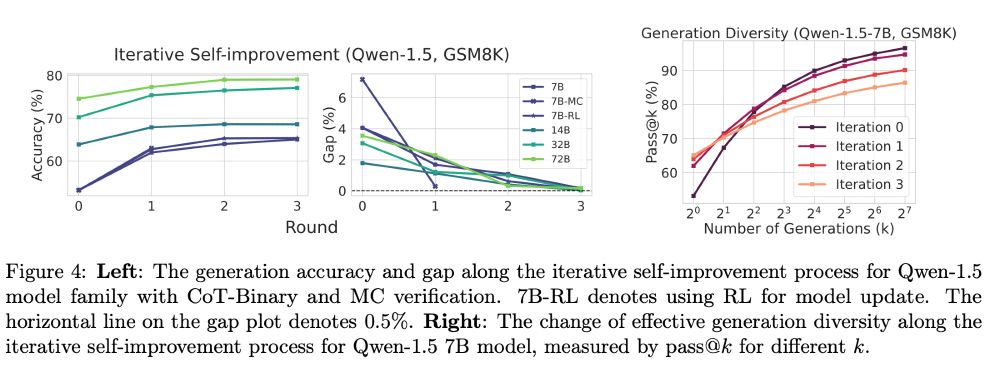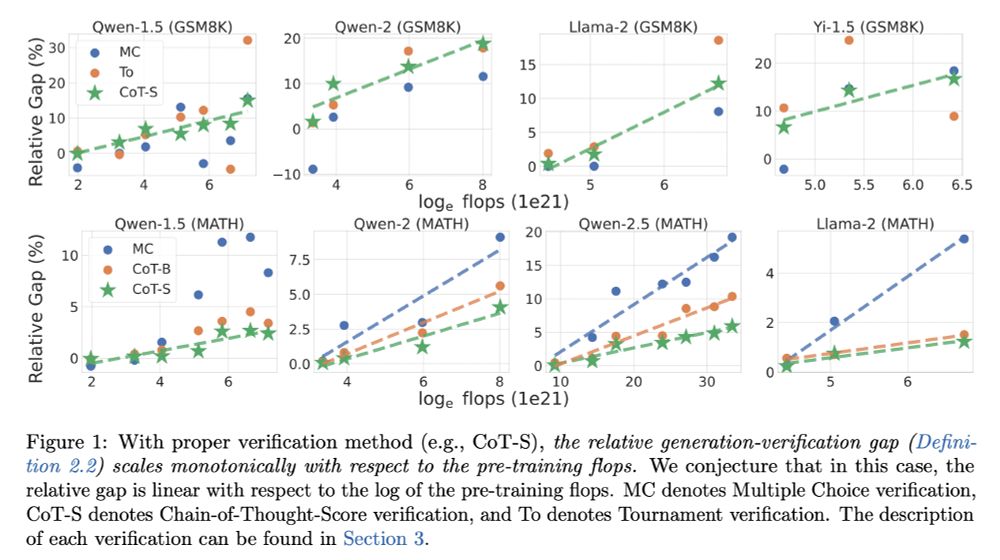bsky.app/profile/yus1...

bsky.app/profile/yus1...






1. Model generates many candidate responses.
2. Model filters/reweights responses based on its verifications.
3. Distill the reweighted responses into a new model.
(2/9)
1. Model generates many candidate responses.
2. Model filters/reweights responses based on its verifications.
3. Distill the reweighted responses into a new model.
(2/9)

